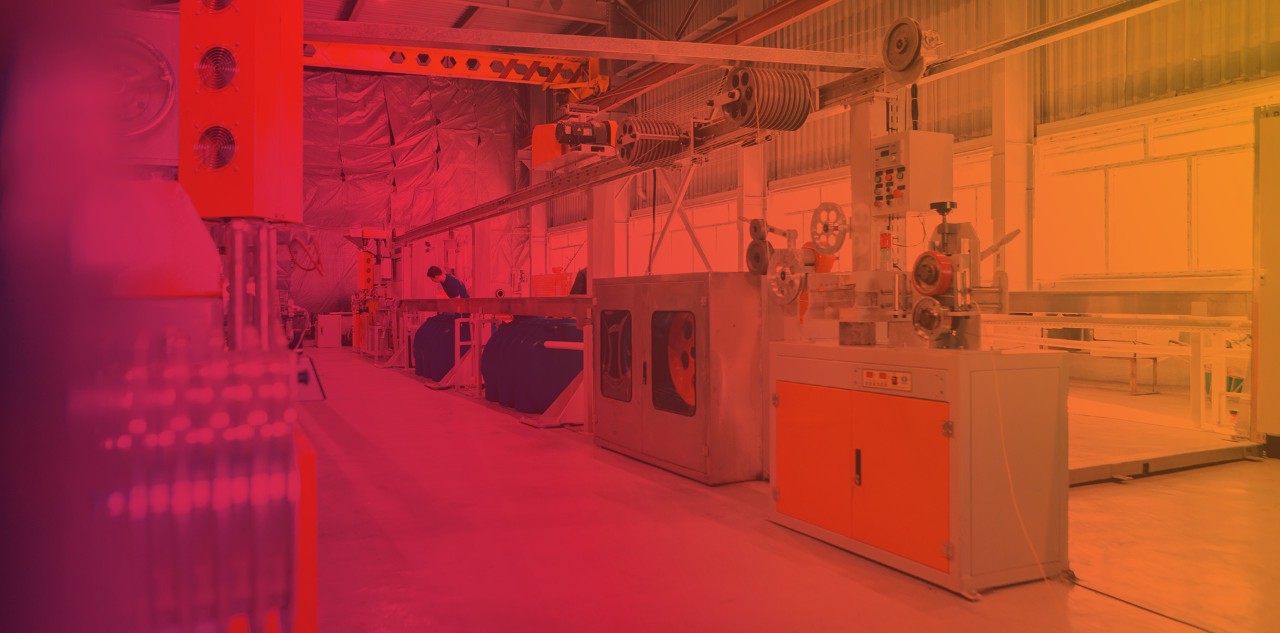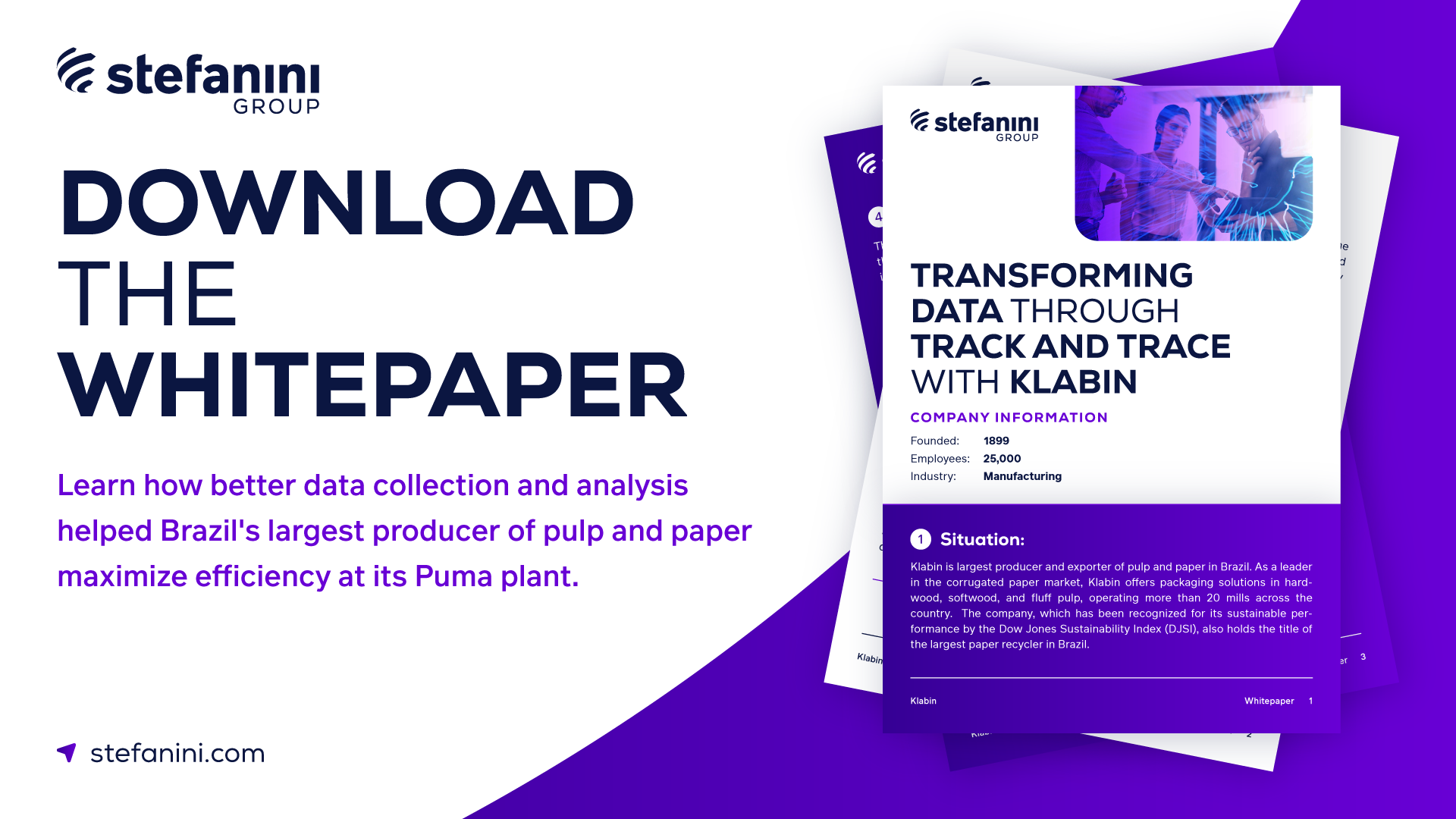Many manufacturing companies are adopting Industry 4.0 technologies – but not without facing some challenges. Learn more about the benefits of Industry 4.0!
If you’re in the manufacturing industry, I challenge you to go a day without hearing the word “Industry 4.0.” And in an age where digital transformation is the end goal of most companies, it makes sense that manufacturing technologies are evolving to fully encompass both automation information and data exchange. With cyber-physical systems, augmented reality, the Industrial Internet of Things (IIoT), and cloud computing all working in harmony, there is no limit to what Industry 4.0 can bring to factory settings and beyond.
Yet, many businesses still struggle with successful adoption; for instance, according to Industry Week, two of every three companies piloting digital manufacturing solutions flounder when moving to large-scale rollout. It begs the question – why do so many companies realize that transformation is necessary to reach the future of digital manufacturing, yet few have been able to grasp its potential at scale?
When it comes to accelerating factory transformation, AI and IoT at the edge are key. However, what is needed to spark a more rapid adoption of these technologies while helping companies to avoid being stuck in the pilot phase?
Industry 4.0 is rife with challenges – and opportunities – for the future. Let’s explore a few of those points here.
Which technologies are present in Industry 4.0? Get the rundown here!
Industry 4.0 Challenges
When making smart investments in the factory of the future, keep an eye out for these potential hurdles:
1. A Gap in Technical Skills: The needs required of the workforce all evolving. Are your employees able to keep up? When looking to fill open positions, look for applicants who possess “digital dexterity” in that they understand both the manufacturing processes and the digital tools that support those processes. Only with the right workforce will business models be able to successfully implement new technology and maintain operations.
2. Data Sensitivity: The rise in technology has also led to increasing concerns over data and IP privacy, ownership, and management. A common example? To successfully implement an AI algorithm, data is required to train it and test it. For this to happen, the data must be shared. However, many companies are reluctant to share their data with third-party solution developers. Further, our current data governance policies for internal use within organizations are inadequate to support cross-organizational data sharing. Data is a powerful asset – make sure to keep it secure!
3. Interoperability: Another significant issue is the lack of separation between protocols, components, products, and systems. Unfortunately, interoperability impedes companies’ ability to innovate. Further, since they cannot easily “swap out” one vendor for another or one part of the system for another, interoperability also limits options to upgrade system components.
4. Security: Threats in terms of current and emerging vulnerabilities in the factory are another significant concern. The physical and digital systems that make up smart factories make real-time interoperability possible—however, it comes with the risk of an expanded attack surface. When numerous machines and devices are connected to single or multiple networks in a smart factory, vulnerabilities in any one of those pieces of equipment could make the system vulnerable to attack. To help combat this issue, companies need to anticipate both enterprise system vulnerabilities and machine level operational vulnerabilities. Companies are not fully prepared to deal with these security threats, with many relying on their technology and solution providers to scope out vulnerabilities.
5. Handling Data Growth: As more companies become dependent on AI usage, companies will be faced with more data that is being generated at a faster pace and presented in multiple formats. To wade through these vast amounts of data, AI algorithms need to be easier to comprehend. Further, these algorithms need to be able to combine data that might be of different types and timeframes.
What other benefits can come from applying Industry 4.0 to manufacturing? Get our perspective!
Industry 4.0 Opportunities
Enough with the challenges – let’s spotlight some benefits that arise thanks to Industry 4.0. The new industrial revolution will help a business become smarter and more efficient in the following ways:
● Optimization and automation lead to enhanced productivity
● Real-time data for real-time supply chains in a real-time economy
● Advanced maintenance and monitoring possibilities will enable greater business continuity
● Real-time monitoring, IoT-enabled quality improvement and cobots (collaborative robots) will lead to higher quality products
● Superior sustainability and better working conditions
● Earn the trust and loyalty the modern consumer with personalization opportunities
We are digitizing manufacturing with IoT, predictive analytics, and AI. Learn more!
Smart Manufacturing with Stefanini
Manufacturers face a multitude of balancing acts: produce more while spending less, create customized products but use standard processes, and reduce technology debt while reducing time to market. Finding this balance is challenging, but Stefanini is here to help.
From IoT to data analytics, and everything in between, we are prepared to assist you in optimizing your manufacturing processes. Don’t just work harder – work smarter with Stefanini’s smart factory solutions.
Our experts are ready when you are. Give us a call to get on track to digital transformation!




















